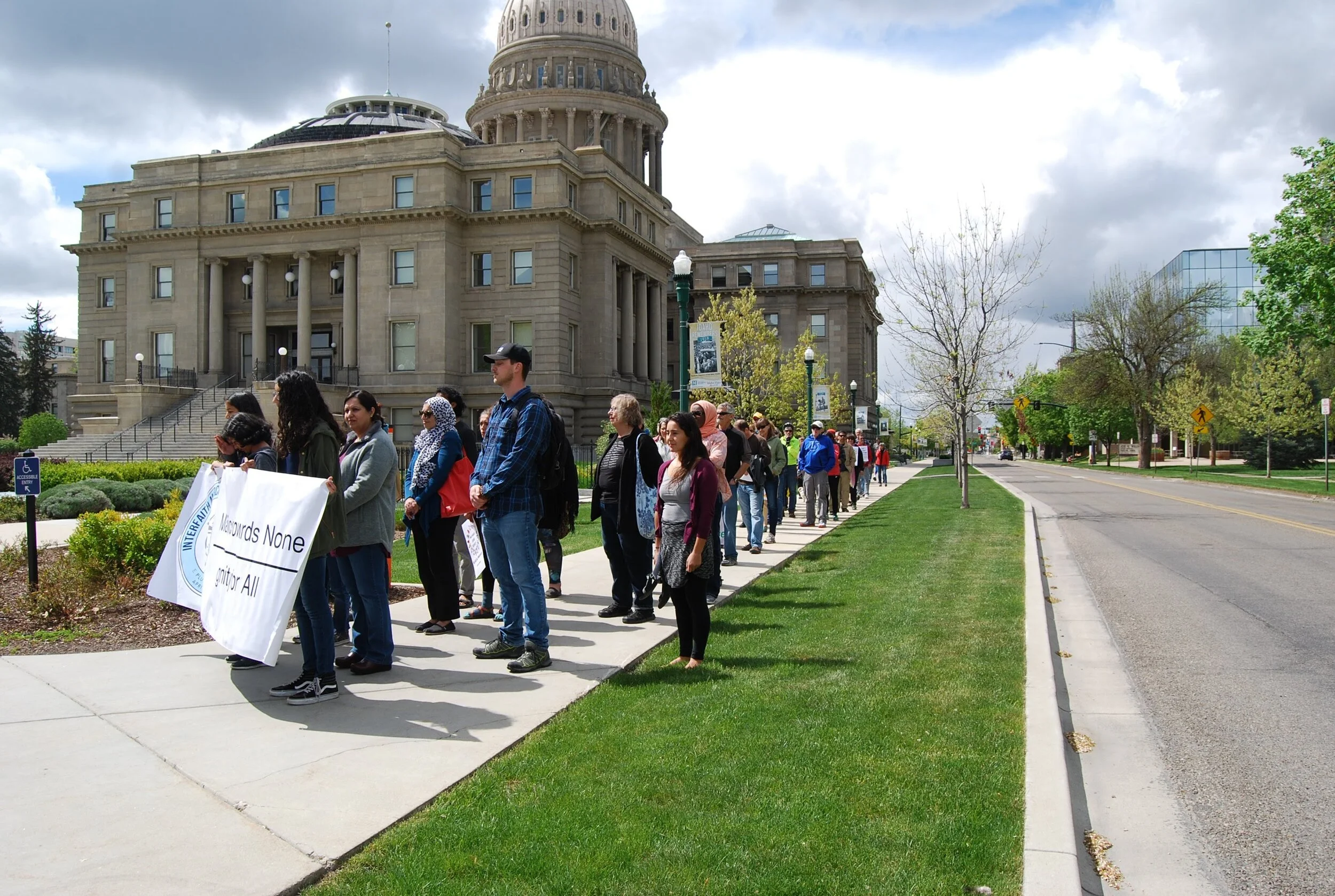Solidarity and Lament with our Jewish Friends
by Martin Brooks
Rabbi Charlie Cytron-Walker refused to turn away a man he thought needed help. It’s what people of faith do. We help others. It’s a God-given instinct to show mercy and a reflection of our faith. But as Rabbi Charlie made the stranger tea, he pulled a gun and took the Rabbi and three others as hostages at Congregation Beth Israel in Colleyville, TX.
Our sympathies and prayers are with those who were held as hostages and their families. We praise God that they were not physically harmed, but that’s not enough. There are ripple effects from acts of terrorism that last for years.
Over coffee this week, a Jewish friend spoke of the persecution of Jews in Poland. “Many are asking if it’s time to leave [America]. Those who escaped the horrors of the Holocaust were the ones who saw what was unfolding and got out early,” my friend said. This rising anti-Semitism has many of our Jewish neighbors asking if the time has come to flee the United States! Contingency plans are being made, not only about what to do if a shooter enters a place of worship but about which country would be a safe haven if things continue to degenerate here.
I lament that some of my Jewish friends are wondering if they need to leave the land where they were born to seek safety elsewhere.
I lament the terror endured by the hostages and the lasting effect it will likely have at Congregation Beth Israel.
I lament the trauma endured in synagogues around the world as people think, “That could have been us.”
I lament that all people of faith can’t fling their doors wide and invite all who seek God to enter and find comfort.
I lament that good-hearted people of faith may be less likely to open their locked doors to help the homeless.
I lament that this fear of the other and more turning away from those in need will cause more suffering and further divide us.
I lament that conspiratorial tropes about Jewish people controlling banks, media, and politics influenced this hostage-taker to attack a synagogue.
I lament that so much money must be spent for active shooter training and for the presence of police officers so people can pray.
I lament that some choose to use coercive, life-threatening force to get their way.
I lament that the hostage-taker’s lack of understanding and compassion for others eventually cost him his life.
I lament with my Rabbi friends that congregants may be too afraid to gather to pray.
I lament that many Christians resist building genuine and loving relationships across lines of difference.
I lament that “freedom of religion” is not applied equally by all to all.
Does this list of lamentations break your heart the way it does mine? Who would have thought fleeing the U.S. would be our conversation over coffee in the land of the free that promised freedom of religion for all? This has gone too far. We must push back to resist the fear of the other and the hatred that has consumed too many. We must intentionally cross the boundaries to meet “the other” and to look for the spark of Divinity in their eyes. We must love, even when we disagree.
Pastor Bob Roberts, Jr. is a friend who leads Multi-faith Neighbors Network, an organization that brings pastors, imams, and rabbis together. He happens to live minutes from the synagogue in Colleyville. When he heard what was happening, he started calling friends—Muslims, Christians, and Jews—and went to the synagogue to see if they could work together to help. He was able to do so because he had already invested in building multi-faith friendships long before this event unfolded.
Isn’t this what Jesus modeled when he took his disciples to Samaritan villages and touched lepers and sat down to eat with those his religious community shunned?
I believe in religious freedom for all. I believe that no one should be fearful because of the way they pray. I believe that God’s Shalom is for all, and I believe that Jesus showed us the way to live an abundant life that brings blessing to us and those around us. As we intentionally build relationships with others, not only are we following the teachings and example of Jesus, we are making our world a safer place.
When you hear of tragedies like what happened in Colleyville, what do you lament?
How can we tap into the best practices of our faith traditions to make things better?
How does your faith inform the way you treat others?











